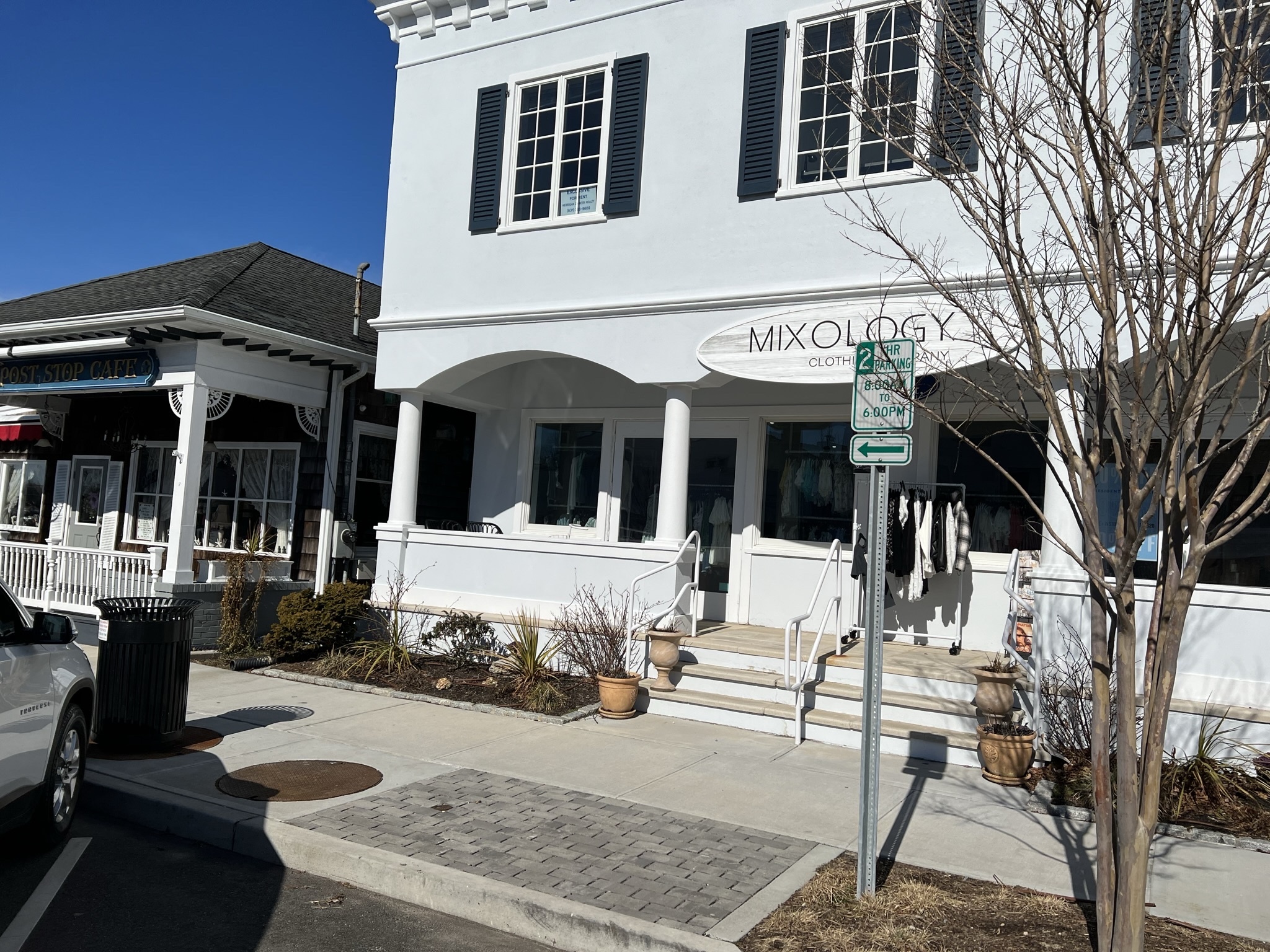
In light of federal court decisions in recent years that the practice of “chalking tires” to determine whether a car has exceed its allotted time in a parking spot is unconstitutional, Westhampton Village Police had given up the practice on the village’s busy Main Street, where parking is limited to two hours, but there are no meters.
The parking limit simply hasn’t been enforced, Police Chief Steven McManus said: “If you can’t chalk the tires, you can’t enforce the timing on Main Street.”
But the chief and the Village Board are hopeful that a pilot program this summer to use a handheld electronic device that will scan a vehicle’s license plate and inform a traffic control officer if it’s been parked more than two hours will help officials regain control of parking in the perpetually crowded business district.
The board, at a recent meeting, authorized spending $3,000 for the pilot program.
It’s technology that might seem similar to others on the East End — it’s produced by the same company, FBS Parking Solutions, used by East Hampton and Sag Harbor villages in recent years in those villages to move to paid parking and the enforcement of those new programs.
Westhampton Beach has no desire to move to paid parking, Mayor Maria Moore emphasized in an email, but instead is focused on enforcing the time limits. “We can no longer chalk tires,” she said, “so this program will provide tracking data for the traffic control officers to monitor cars parked over the two-hour limit.”
The pilot program, which is expected to be in place by the start of the summer season, McManus said, is only costing the village about $3,000 in equipment and setup costs. “We’re just using one handheld device for the season,” he said, “just to see if this is something that will work for us. To see if it’s easier for the officers on Main Street.
The process will be pretty simple, he explained. A traffic control officer, armed with the handheld ticketing device, will periodically walk along both sides of Main Street, scanning the license plates of parked cars, which will be registered in a database. “It’s very similar to the way we were doing it in the past,” the chief said, “but without touching the car.”
If, at some point, the device notices that a car has been parked in a certain spot for more than the two-hour limit, the officer will then scan the vehicle’s registration sticker on the windshield and print a ticket to be placed under a wiper.
At the same time, the ticket information will be sent to the village justice court’s electronic database, which is also run by the same company, allowing the ticketholder to pay any fines within a few minutes of getting the ticket, if they choose to.
“It just makes sense to go with somebody that we’ve already got a proven record with,” the chief said.
Currently, it takes several days or even a week for tickets to make it over to the court, the chief said, and the electronic system may be more convenient for those wishing to take care of them right away.
In time, the chief said, the court may decide to allow the ticketholders to plead not guilty and set up a court date, he said, but that has to be approved by the court. But the capability in the electronic system is there, if the village decides to move forward with that option.
The traffic control officer can also use the handheld device to write tickets for other infractions as well — by scanning the registration information and inputting details of the alleged infraction, like parking in a handicapped space without a permit.
The program will not affect parking in the village’s various parking lots. Officials have no plans to set time limits on parking there. But the officer could use the device to “write” a ticket for parking in a handicap spot, parking outside of a parking space or equipment violations in the lots, the chief said.
The paper tickets will direct drivers to the village website for instructions on how to deal with the tickets, he said.
At the same time, there will still be other traffic control officers out there without the device issuing handwritten tickets during the trial run, the chief said.
“My regular patrol officers, they issue parking tickets all the time,” McManus said. “To purchase one of these devices for everybody right now, I just don’t see the feasibility of it. But I’m more than willing to try it out and see if it does help us with the Main Street parking. That’s important to keep that traffic revolving and give everyone who wants to come to the village and see the shops the opportunity to park on Main Street.”
That’s the primary goal of the pilot program, both the chief and mayor agreed, to enforce the time limit on Main Street, which allows more people to visit the village and patronize its stores and restaurants.
“I appreciate that Chief McManus has come up with a possible solution to the parking issue,” the mayor said. “Our inability to enforce the two-hour limit on Main Street has created frustration among the shop owners. We’d like to motivate a turnover in parking so our beautiful Main Street is accessible to anyone wishing to visit.”